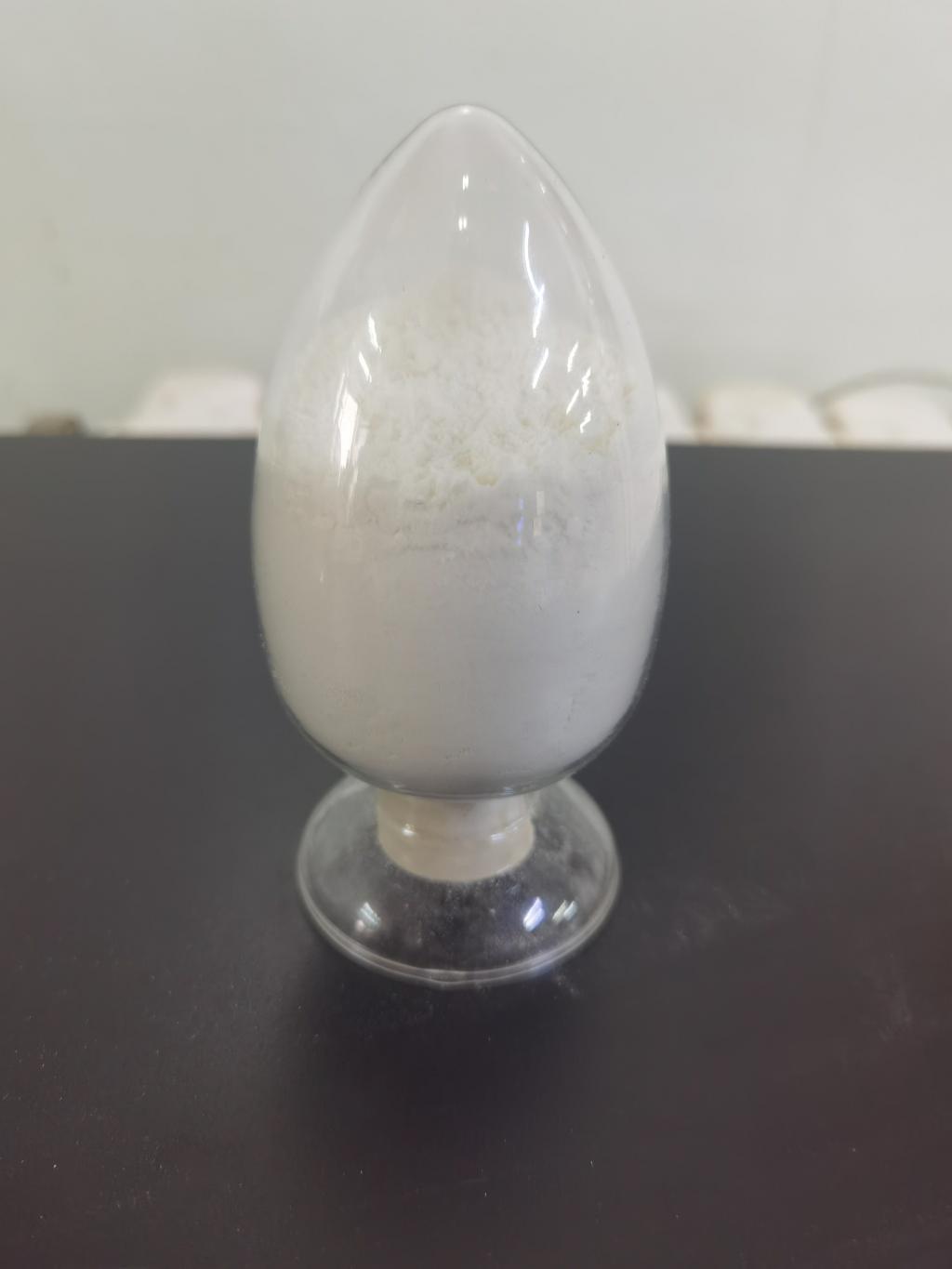Tel:+8618231198596

News
 CONTACT
CONTACT
 CONTACT
CONTACT
- Linkman:Linda Yao
- Tel: +8618231198596
- Email:linda.yao@dcpharma.cn
- Linkman:CHARLES.WANG
- Department:Overseas
- Tel: 0086 0311-85537378 0086 0311-85539701
News
The role of ε-Polylysine hydrochloride in reducing spoilage in refrigerated bakery products.
TIME:2024-10-21
ε-Polylysine Hydrochloride: An Overview:
Natural Origin: ε-PL is a homopolymer of L-lysine, consisting of 25-35 ε-aminolysine units linked by isopeptide bonds. It is produced through fermentation by Streptomyces albulus.
Mechanism of Action: ε-PL exerts its antimicrobial activity by disrupting the cell membranes of microorganisms, leading to leakage of intracellular components and cell death. It is effective against a broad spectrum of microorganisms, including Gram-positive and Gram-negative bacteria, yeasts, and molds.
Effectiveness in Reducing Spoilage in Refrigerated Bakery Products:
Mold and Yeast Inhibition: One of the primary causes of spoilage in bakery products is the growth of mold and yeast. ε-PL has been shown to effectively inhibit the growth of common spoilage organisms such as Aspergillus niger, Penicillium expansum, and Saccharomyces cerevisiae.
Bacterial Control: While bakery products are less likely to be contaminated by pathogenic bacteria, the presence of spoilage bacteria like Bacillus subtilis and Pseudomonas aeruginosa can still affect product quality. ε-PL can help control these bacteria, ensuring the safety and freshness of the products.
Extended Shelf Life: By inhibiting the growth of spoilage microorganisms, ε-PL can significantly extend the shelf life of refrigerated bakery products, maintaining their sensory attributes and nutritional value.
Applications in Different Types of Bakery Products:
Bread and Rolls: ε-PL can be incorporated into the dough or applied as a surface treatment to prevent mold and yeast growth during storage.
Cakes and Pastries: These products often contain high levels of sugar and fat, which can promote microbial growth. ε-PL can be added to the batter or filling to ensure long-term stability.
Cookies and Biscuits: Although cookies and biscuits are typically more stable, they can still benefit from ε-PL, especially if they contain moisture-rich ingredients or are stored under humid conditions.
Dough and Batter Mixes: For pre-made mixes, ε-PL can be included to provide a longer shelf life and reduce the risk of spoilage before and after preparation.
Challenges and Considerations:
Formulation Compatibility: The effectiveness of ε-PL can be influenced by the pH, water activity, and the presence of other ingredients in the bakery product. Formulations must be optimized to ensure ε-PL's stability and activity.
Regulatory Compliance: ε-PL is approved for use in many countries, including Japan, the United States, and the European Union, but regulatory limits on its concentration in food products must be adhered to. Variations in regulations across different regions should be considered.
Consumer Perception: Consumers increasingly prefer natural and clean-label products. Clear labeling and transparent communication about the benefits and natural origin of ε-PL can enhance consumer trust and acceptance.
Sensory and Quality Attributes: Unlike some chemical preservatives, ε-PL does not introduce off-flavors, odors, or other sensory changes, making it ideal for maintaining the organoleptic properties of bakery products.
Synergistic Effects and Combination Strategies:
Combined Use with Other Preservatives: ε-PL can be used in combination with other natural preservatives, such as organic acids, essential oils, and plant extracts, to enhance its antimicrobial efficacy and broaden its application.
Packaging Innovations: Incorporating ε-PL into active packaging materials, such as films and coatings, can provide a sustained release of the antimicrobial, offering additional protection against spoilage.
Future Directions and Research Opportunities:
Optimization of ε-PL Use: Further research is needed to optimize the use of ε-PL in different types of bakery products, considering factors such as dosage, release kinetics, and formulation compatibility.
Encapsulation and Controlled Release: Developing encapsulation technologies and controlled-release systems for ε-PL can improve its stability and effectiveness, allowing for sustained protection over the product's shelf life.
Combination Strategies: Investigating the synergistic effects of ε-PL with other natural preservatives and innovative packaging solutions can provide more robust and versatile preservation strategies.
Economic and Environmental Impact: Assessing the economic and environmental impact of ε-PL-based preservation methods, including production costs and sustainability, will be important for widespread adoption in the bakery industry.
Conclusion:
ε-Polylysine hydrochloride offers a natural and effective solution for reducing spoilage in refrigerated bakery products. Its broad-spectrum antimicrobial activity, combined with its minimal impact on sensory attributes and GRAS status, makes it an attractive alternative to traditional chemical preservatives. As the demand for high-quality, long-lasting bakery products continues to grow, further research and innovation in ε-PL-based preservation technologies will play a crucial role in meeting these needs and ensuring the safety and quality of these products.
- Tel:+8618231198596
- Whatsapp:18231198596
- Chat With Skype







